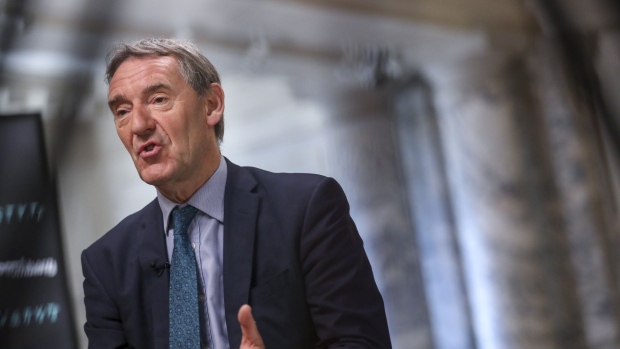Sep 26, 2022
‘Naive’ UK Mini-Budget Threatens House Prices, Jim O’Neill Says
, Bloomberg News

(Bloomberg) -- Kwasi Kwarteng’s mini-budget could upend house prices as market turmoil pressures the Bank of England to drive up interest rates, according to former Goldman Sachs Group Inc. economist Jim O’Neill.
Tighter monetary policy from the central bank will mean the boom in house prices since Covid-19 is “essentially over,” O’Neill, who worked at the Wall Street firm from 1995 until 2013, predicted in an interview on Monday. He’s worried about the “potentially vicious circle” of a weaker pound, more inflation and an even tougher Bank of England.
“Even if you get their intellectual premise I still don’t get why they needed -- in a supposed mini-budget -- to announce so much at the same time,” he said, describing the approach as “cavalier and naive.”
For now, the UK housing market remains buoyant. UK home sellers boosted the prices they’re asking for their properties at the strongest pace in four months, the property listing website Rightmove said on Monday.
Yet investors are growing nervous. Shares in Britain’s biggest mortgage lender Lloyds Banking Group Plc fell as much as 5.3% on Monday. NatWest Group Plc, another UK-focused bank, tumbled as much as 4.7%.
“Cutting stamp duty to boost the housing market may become utterly irrelevant because of the higher cost of mortgages,” O’Neill said.
The government’s mini-budget on Friday had introduced a degree of instability in financial markets that’s unlikely to quickly fade, according to O’Neill. “The pound will go up and the pound will go down but from my experience it’s quite unlikely that a move like we saw in financial markets on Friday just happens for a day,” he said.
He added that a weaker pound would be unlikely to offer a broad boost to UK exports, though it would help American tourists wanting to spend money in Britain.
©2022 Bloomberg L.P.





